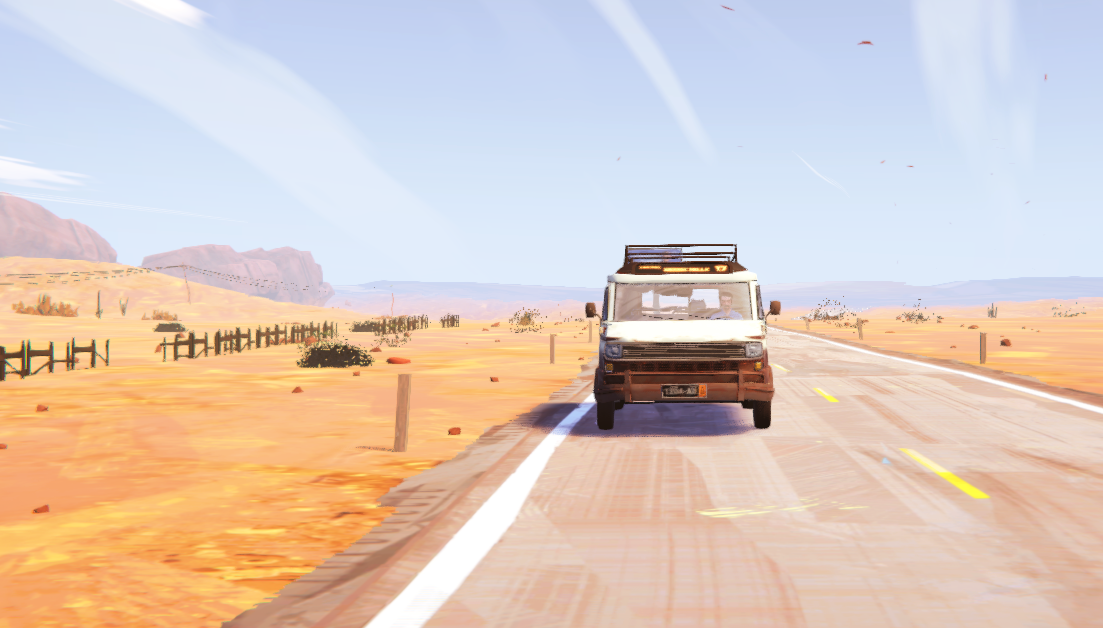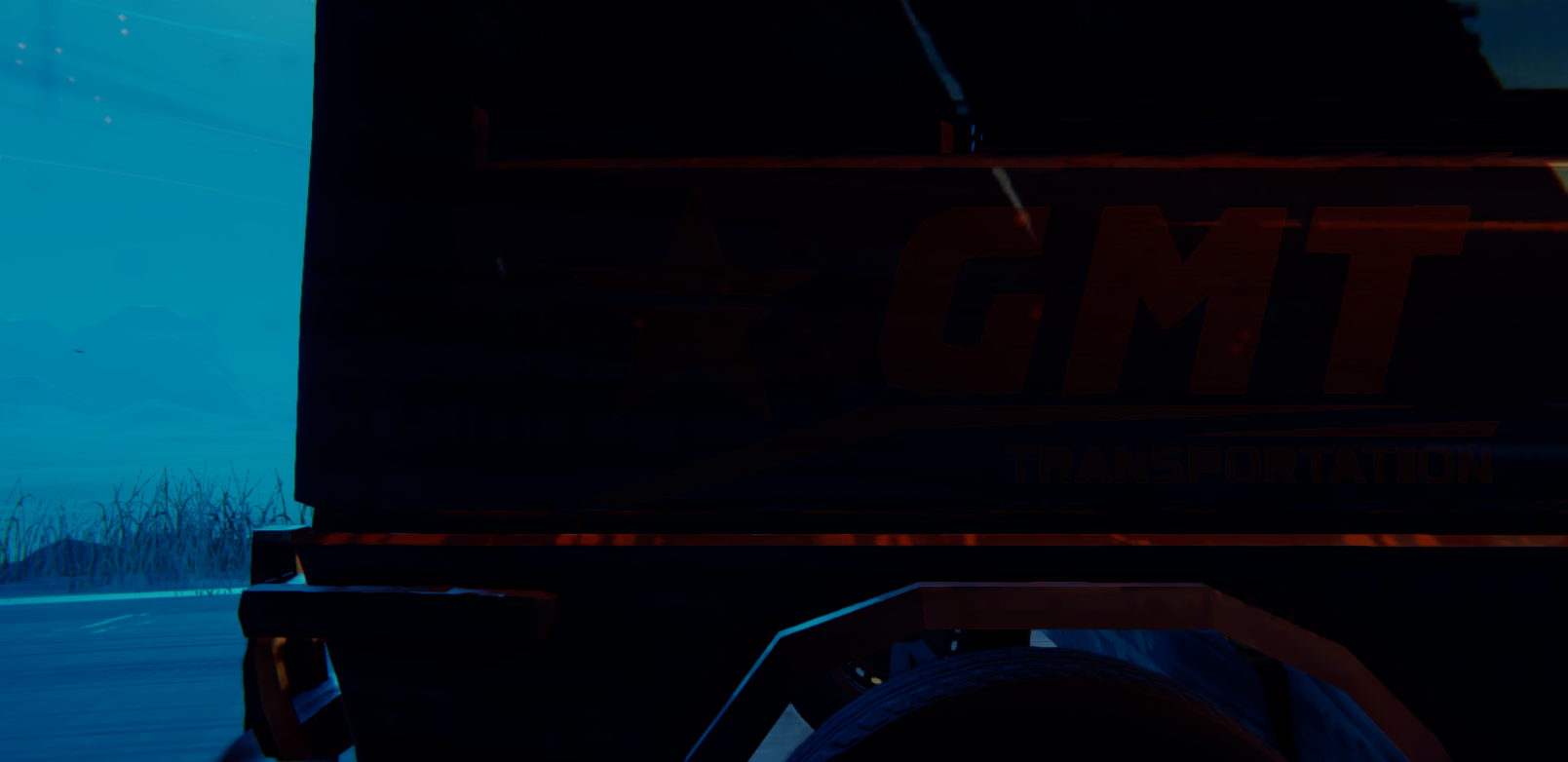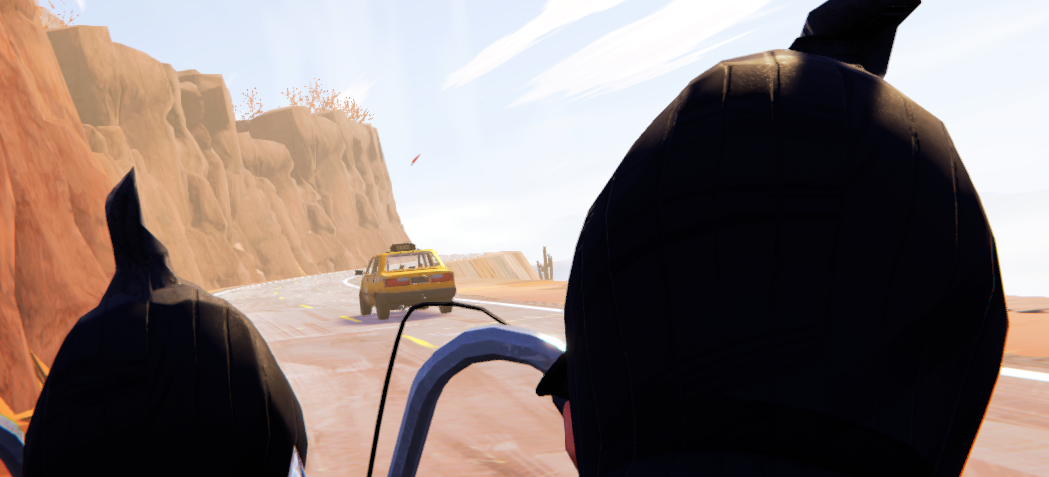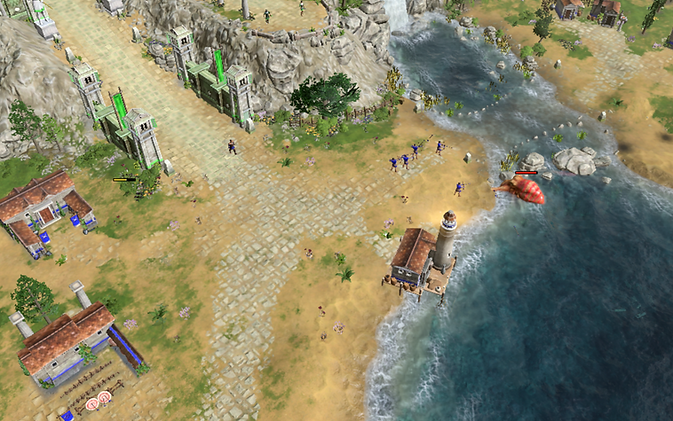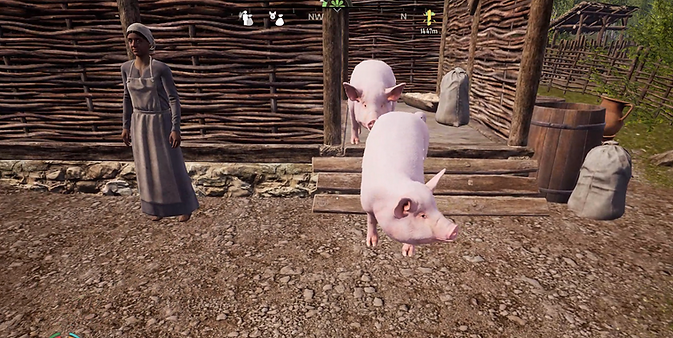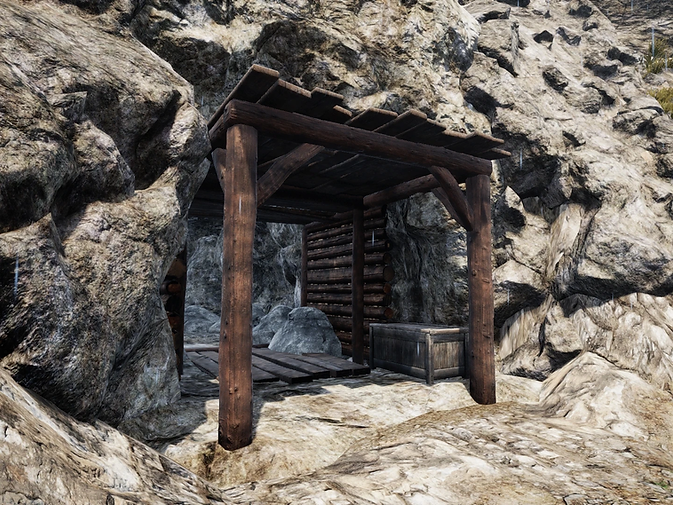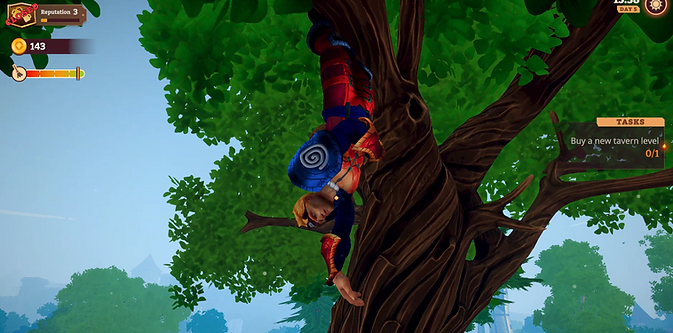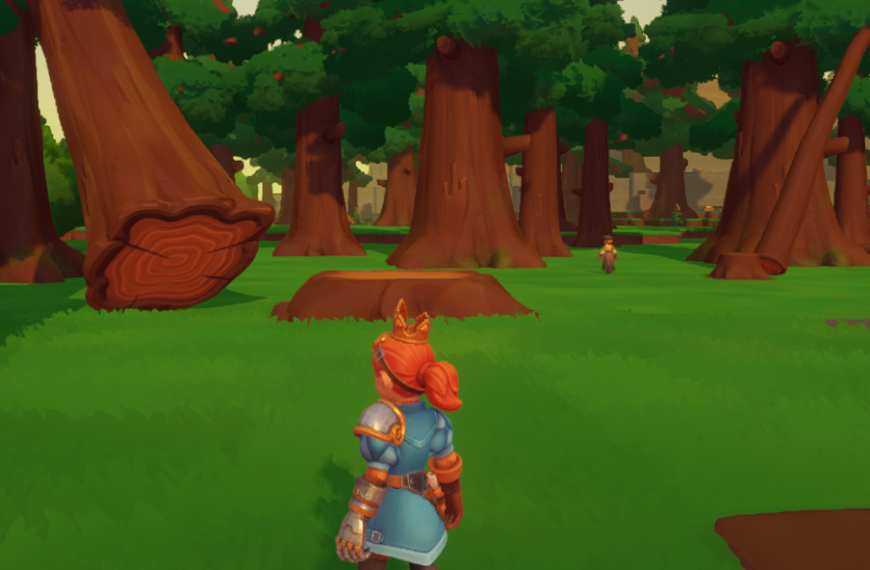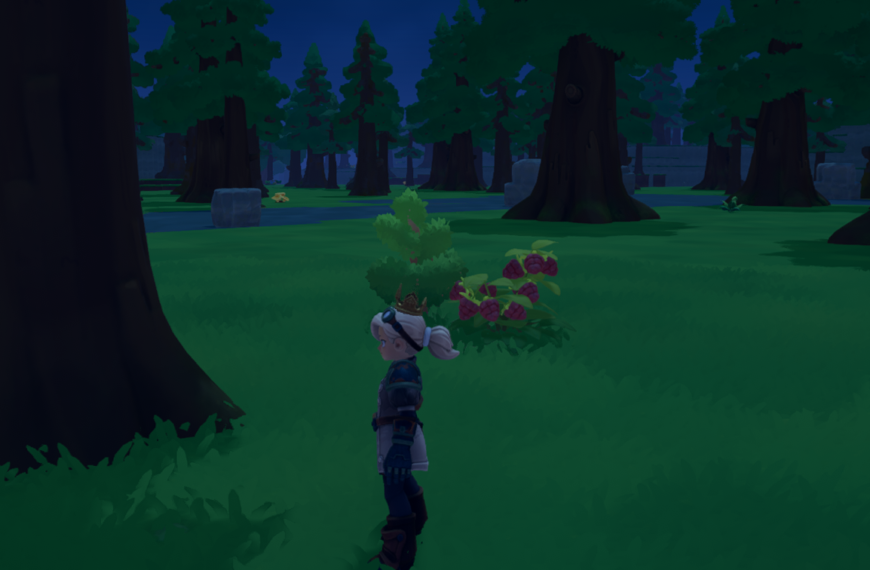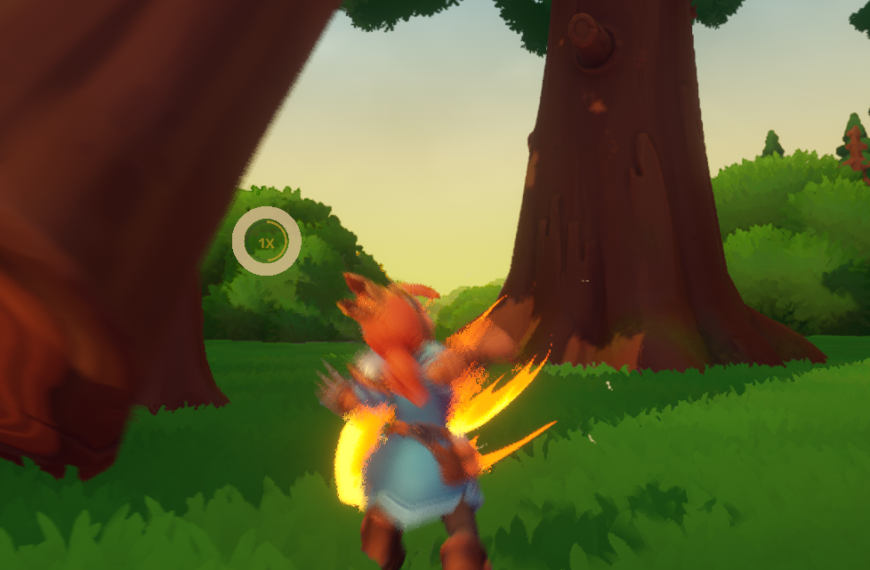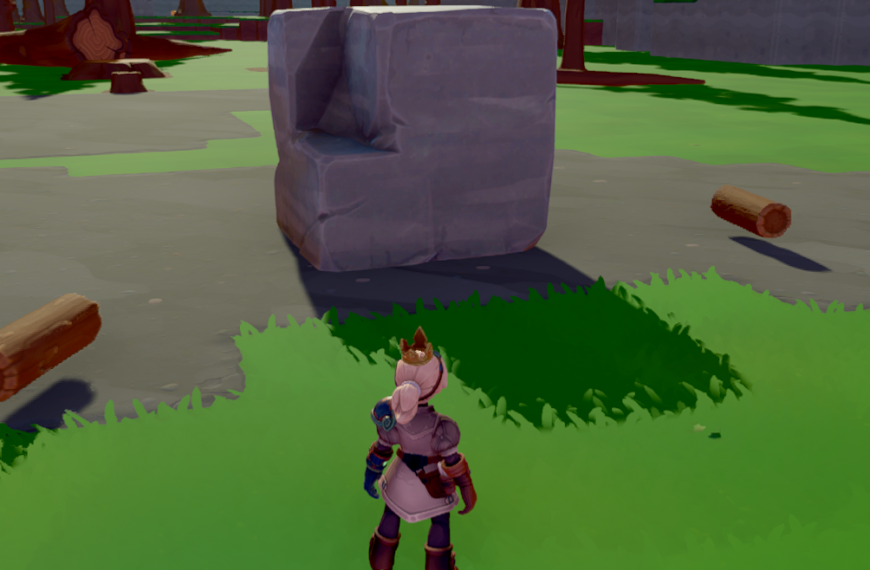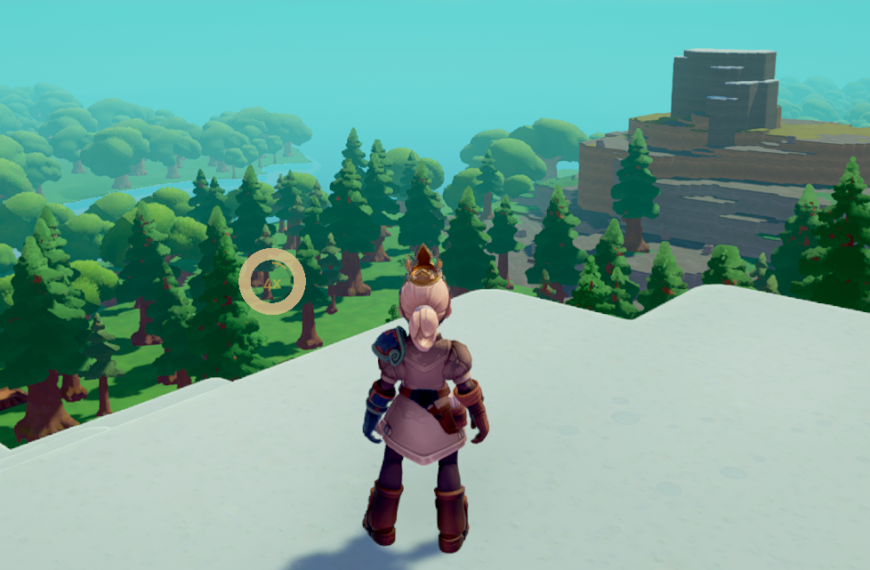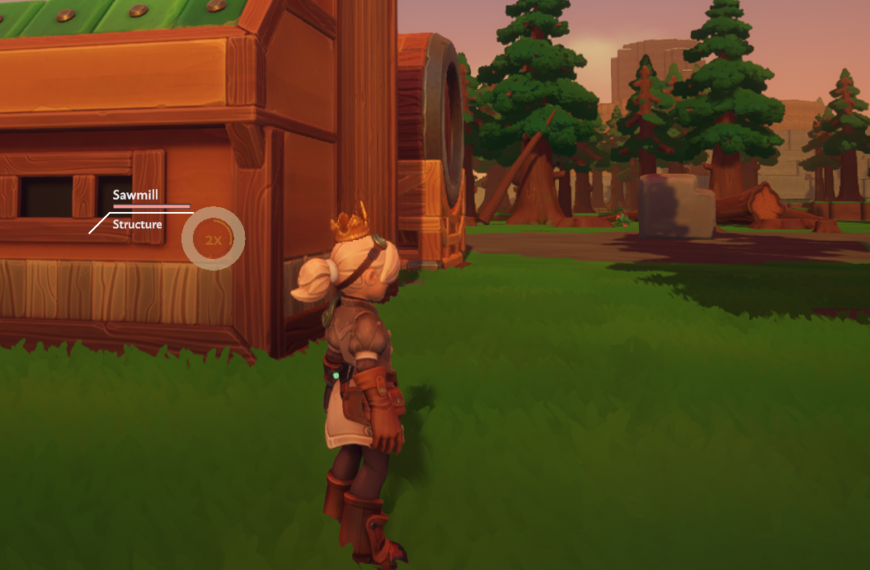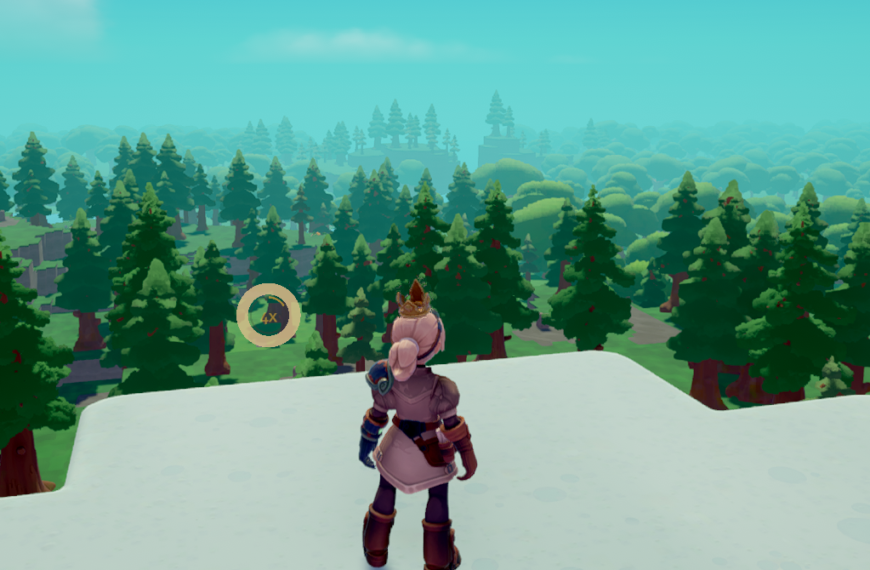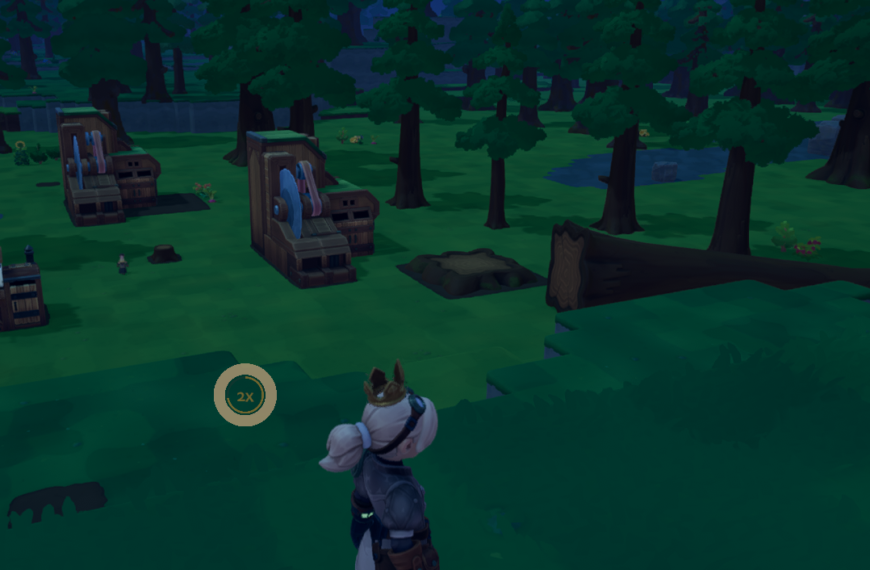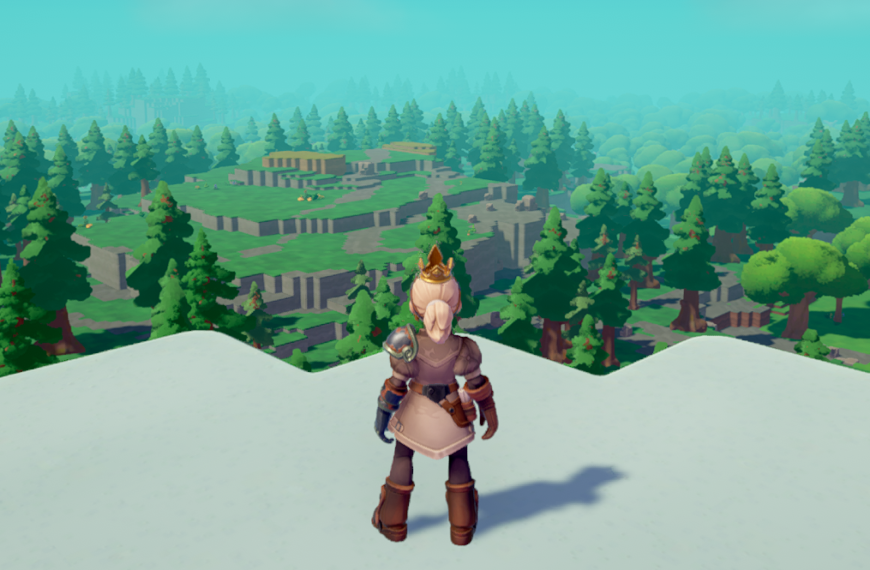Understanding Tyrak’s Rule: An Emotional Rollercoaster
When I first stumbled onto Road 96, I was clueless about the character of Tyrak. I mean, who’s this guy really? At first, I figured he was just another fictional leader in a dystopian game, but as I immersed myself in the narrative, my perception began to shift. I quickly found myself caught in a whirlwind of choices, political strife, and—let’s be real—some real gut-wrenching moments that made me question everything.
Let’s backtrack a little, because my initial experiences set the stage for my journey through the game. Straight up—while playing, I made a crucial mistake. I assumed I could breeze through the story without paying much attention. I thought it was just about getting to the border and that was it. But man, was I wrong! Each character I encountered shaped my understanding of Tyrak, making me truly wonder: road 96 is tyrak bad, or is there more beneath the surface?
The Complex Web of Choices
As I delved into the immersive world, I discovered the importance of choices. During my first playthrough, I neglected the significance of the decisions I was making. I tried to ignore the political chatter, refusing to be drawn into the heated debates about Tyrak’s actions and policies. I mean, come on, it was a video game, right? It shouldn’t feel that intense, should it? But soon, I learned that my choices had real consequences.
Every dialogue I chose altered the game’s narrative. I remember this one instance where I sided with a character who was vehemently against Tyrak’s regime. It opened my eyes. It felt like I was put under a microscope, examining the moral gray areas present in Tyrak’s governance. Was he a tyrant, or was he just a product of a broken system trying to maintain order in chaos? The lines were blurred, and I found myself frustrated—but in the best way possible!
One of the most powerful lessons I learned through the game was about perspective. While some characters were quick to label Tyrak as the villain, others presented arguments that challenged my initial views. It got me thinking: isn’t that how real life works, too? We often take sides without fully understanding the opposing view. This disarray led me to develop a more nuanced opinion on characters like Tyrak.
Diving Deeper: The Life of Tyrak
Now, let’s peel back another layer. His backstory, after piecing it together through conversations and quests, really opened up a new way of seeing him. The more I learned, the more I realized how his upbringing shaped his character. It’s fascinating, really! Imagine growing up in a broken community, surrounded by chaos and despair. It’s no wonder someone might adopt drastic measures to restore some semblance of order.
I remember this particular mission where you reflect on the personal stories of citizens living under Tyrak’s rule. Some stories were heart-wrenching; families torn apart, dreams crushed, all in the name of his governance. Others revealed that, despite the harsh restrictions, some people felt safer. It felt like walking a tightrope of morality—how can a leader be both a protector and an oppressor? It had my head spinning!
In my quest to understand, I began to ask, what kind of leader do we really want? While Tyrak’s actions certainly create fear and unrest, there were glimpses of stability he provided that some interpreted as beneficial. It reminded me of a history class discussion I once had about famous leaders. Some were painted as heroes in one textbook and villains in another, dependent on the narrator’s bias; it was all about perspective.
Finding Balance in Perspective
Here’s the kicker, though. I always leaned towards believing things should be black and white. Good versus evil—simple, right? But every time I replayed Road 96, I felt those preconceived notions slip away. Instead of labeling Tyrak unapologetically as “bad,” I learned the importance of digging deeper. This is where the real growth happens—when we challenge our assumptions and are open to complexity.
I mean, there’s this pivotal scene where players can witness a public event led by Tyrak. In that moment, I felt a mix of anger and empathy. Seeing him rallying supporters with fervor and passion left me frustrated. How could a man so authoritative also seem so charismatic? I felt like shouting at the screen, caught between wanting to protest his regime and wanting to applaud his public persona. Life is wild like that, huh?
Concluding Thoughts: Embracing Nuance
So, is Tyrak bad? By now, you can probably guess I don’t have a straightforward answer. He’s a complex character that got me thinking about the moral dilemmas faced by leaders all over the world. It’s like those classroom debates you always dreaded but ended up enjoying because they pushed you to think critically.
As my playthrough wrapped up, the biggest takeaway was that embracing more nuanced views could lead to understanding, both in games and in real-life discussions. Next time you find yourself diving into a narrative like Road 96, pay attention to the layers of complexity. It reflects experiences in our own society. Perhaps, at the end of the day, heroes are just as complex as villains.
So remember, keep questioning, keep exploring, and most importantly—keep having fun. Because we’re all on this journey together, and finding our way through the gray can be one of the most rewarding experiences!
